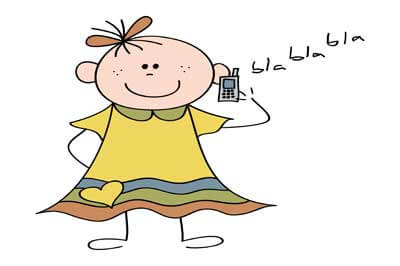
However, it seems that the “Genius Bar' ads that came in for a lot of criticism and were roundly panned, seem to have outlived their utility and have been withdrawn after just a couple of weeks on air or is the real reason that Apple couldn't take the heat?
Does the withdrawal mean that new CEO Tim Cook takes to heart what the consumers are saying more seriously than his more illustrious predecessor? Undoubtedly the ads received a harsh backlash and were lampooned across the board but the alacrity and haste with which they have been removed, so soon after their Olympics debut does seem to reflect on the change of attitude and outlook at Apple.
The company has tried to save face saying that the withdrawal was normal procedure as the ads were meant only for a “first run” during the Olympics, or the first seven days of the grand sporting event.
Apple executives declined to comment on the matter, neither did its agency, TBWA/Media Arts Lab, shed light on why the ads were revoked. It is also surprising that the Genius Bar ads were never promoted to the media and who were the brains behind the ad and the names of the individuals who created them were never made public. However, the ads can still be viewed on Apple's website.
What was different about these ads was that whilst the earlier ads were product driven, these were character driven. The trio of videos, rather than promote a particular product, featured a man posing as a Genius Bar employee, who has just two things to do. He helps people out of delicate and awkward situations and when he is not doing that mocks and ridicules someone for not buying a Mac. The campaign makes the consumer look like an idiot, a dumb fool, something that was not taken to well be the analysing public.
If one were to believe that what Apple is saying is true that they did not intend to run the ads after the first week of the Olympics, it would again mean a huge departure from the Apple norm of sticking to the theme when it comes to TV advertising and unleash a flurry of ads based on the similar themes.
The "Get a Mac" campaign produced more than 60 spots when it was being aired and the Siri campaign that came just prior to the genius ads, featured celebrities such as Zooey Deschanel, Samuel L. Jackson, Martin Scorcese and John Malkovich.
Whatever, be the reason, the air of invincibility that pervaded Apple during Steve Jobs, along with couldn't care less attitude is giving way to more practical and realistic marketing sensibilities.
